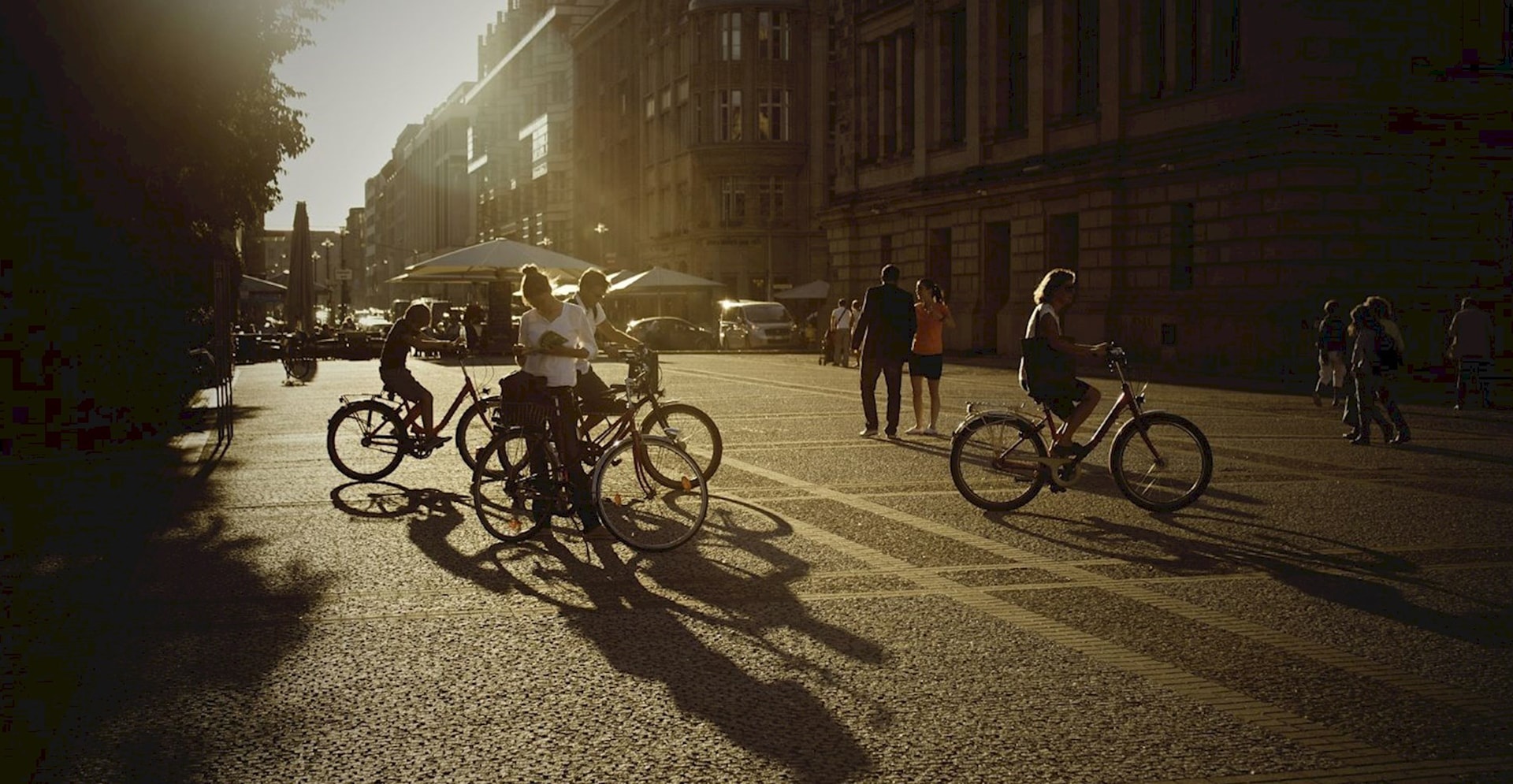Prior to COVID-19, the climate emergency was coming into sharp focus. There was a groundswell of support for action amongst the public and, whilst recognising the challenges, it felt like those with influence were prepared to act. Climate emergency declarations were made by organisations from local to national government, and businesses to charities. But then the pandemic happened. Action plans to deliver on those declarations were put on hold and everyone’s focus temporarily shifted. Fortunately, these action plans are now starting to be developed and embedded as part of COVID-19 recovery planning, and one area in particular where action will be necessary is in town centres. Historically the heart of local economies, a zero-carbon action plan will be integral to putting our town centres firmly back on the front-foot.
The story of the failing town centre is not new, and is a challenging area to be thinking about from a low-carbon perspective. After all, town centres and high streets are all about the consumption of goods and services, and that has historically been carbon intensive. However, COVID-19 has presented us with the opportunity for a reset. The rediscovery of local high streets, combined with a reduction in time spent commuting to city centre offices, will all play into supporting reimagined low-carbon town centres.
Low carbon infrastructure
The pandemic has (and still is) changing our infrastructure needs. After the initial lockdown, some of the demands on infrastructure, including our energy and utility systems, are starting to recover to near normal levels, whilst others remain depressed. Public transport in particular shows a mixed picture depending on the mode, yet is critical when it comes to getting people into and out of town centres in a low carbon way.
However, moving these systems towards net-zero is only one part of the solution for high streets. The ICE’s State of the Nation 2020 sets out the challenges for infrastructure and makes some key recommendations to achieve net zero in these systems by 2050. But there are many considerations - from skills to policy making and determining who pays - that need to be resolved. And even then, these changes alone will not be enough.
A shared recovery
Economic activity sits at the heart of every town centre or high street. As we recover from COVID-19 and transform to a net-zero economy, the principles set out in our Shared Recovery Plan will underpin the transformation of our society. This means embracing the principles of ’15-minute communities‘ and creating the right homes in the right places, and by doing so we start to reimagine and position town centres and high streets for future success.
In doing so we must put inclusivity at the heart of the economic agenda, supporting health and wellbeing and reducing inequality. This revised economic agenda will have to focus on a more circular local economy in which opportunity is created locally. This is something that will undoubtedly sit at the heart of a balanced, successful high street or town centre.
So how can local authorities – the custodians of our town centres and high streets - lead the transition to zero-carbon, whilst still ensuring the strength of a long-term recovery after the social and economic shock of the pandemic?
There are perhaps three key things to focus on;
3-steps to reimaging a zero-carbon society
I remain convinced that our high streets and town centres will recover from their current well documented struggles. They will once again sit at the heart of their communities, and they are uniquely placed to lead the charge on a zero-carbon society, with local authorities shaping and leading the journey.





